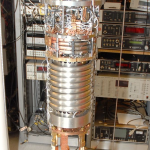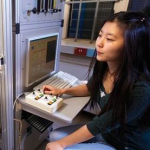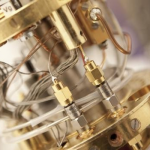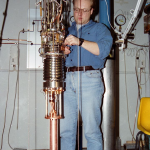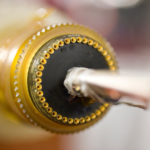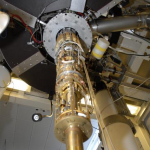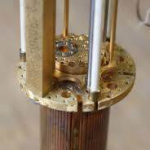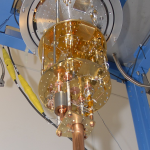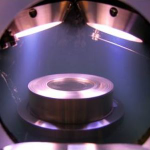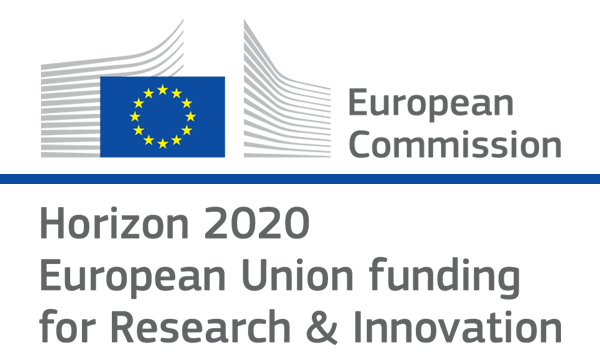

- Photon Transport in a Bose-Hubbard Chain of Superconducting Artificial Atoms
G. P. Fedorov et al., Phys. Rev. Lett. 126, 180503 (2021) - Path-Dependent Supercooling of the
He3 Superfluid A-B Transition
Dmytro Lotnyk et al., Phys. Rev. Lett. 126, 215301 (2021) - Superconductivity in an extreme strange metal
D. H. Nguyen et al., Nat Commun 12, 4341 (2021) - High-Q Silicon Nitride Drum Resonators Strongly Coupled to Gates
Xin Zhou et al., Nano Lett. 21, 5738-5744 (2021) - Measurement of the 229Th isomer energy with a magnetic micro-calorimeter
T. Sikorsky et al., Phys. Rev. Lett. 125 (2020) 142503
New Evaluation of T- T2000 from 0.02 K to 1 K by Independent Thermodynamic Methods
J. Engert, A. Kirste, A. Shibahara, A. Casey, L. V. Levitin, J. Saunders, O. Hahtela, A. KemppinenE. MykkänenM. Prunnila, D. Gunnarsson, L. Roschier, M. Meschke, J. PekolaThis paper reports on the results achieved within the European Metrology Research Programme project “Implementing the new kelvin—InK” in the low-temperature range below 1 K. One of the main objectives of the InK project was the determination of new thermodynamic temperature data for comparison with the Provisional Low Temperature Scale 2000 (PLTS-2000), to provide reliable values. To this end, we have investigated three different types of primary thermometers: the current sensing noise thermometer, the primary magnetic field fluctuation thermometer and the Coulomb blockade thermometer. Based on a thorough investigation of the thermometers, detailed uncertainty budgets were established for the measurement of thermodynamic temperatures. Direct comparison measurements between all thermometers demonstrate the agreement of temperature measurements within less than 1 %. Our new data confirm the correctness of the PLTS-2000 in the temperature range from 20 mK up to about 700 mK with relative combined standard uncertainties better than 0.62 %.
Int J Thermophys, Vol.37, Issue12 (2016) 1-11
doi: 10.1007/s10765-016-2123-4
